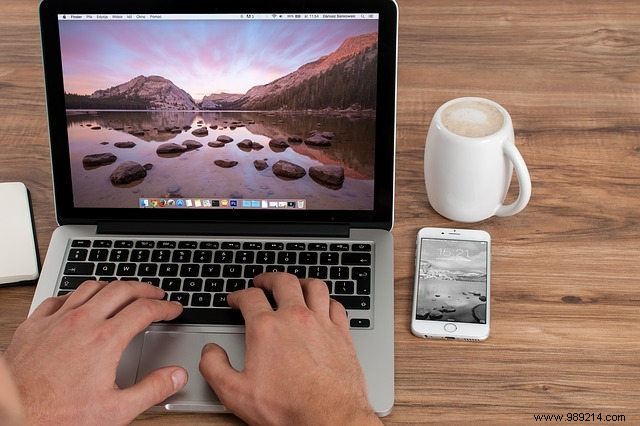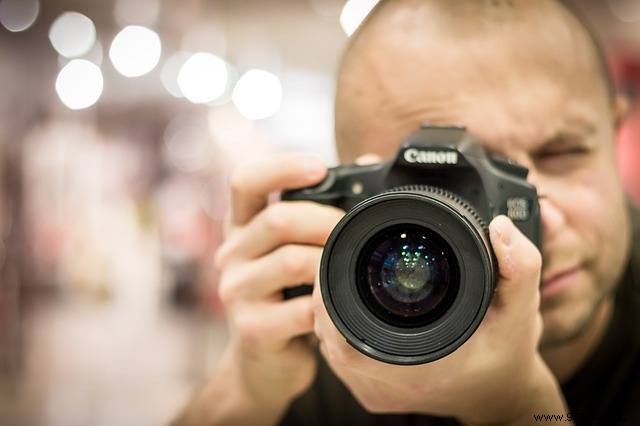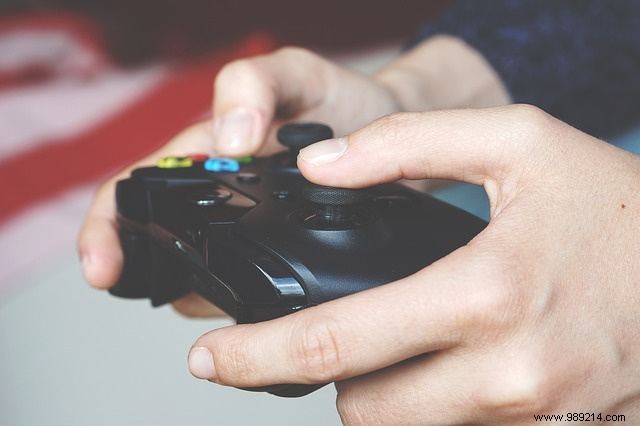When buying a new computer, some people may be confused about how much space they need. They will know that their computer comes with a set amount of space, such as "500 GB".
ContentsSSD or hard drive?How much space do I need?Light useMedium useHeavy useConclusionDespite this, they will struggle to justify just How big 500 GB is. What can you store in 500 GB of space? Will it allow you to install software and download media as you please? Is it too small? Since there is no physical reference as to the size of 500 GB, it can be difficult to visualize its size.
Whether you're getting an SSD (Solid State Drive) or an older style hard drive (HDD) might seem like a separate topic, but in reality, it's inextricably tied to your storage capacity. SSDs cost, on average, about twice the price of an HDD, so you'll get about half the storage for your money.

Documents
If you use a computer only as a work terminal, you may find yourself at this level. Documents like Word, presentations, and spreadsheets don't take up much space:a few kilobytes if you're storing raw data or a few megabytes if you've added images to them. Even if you have large documents of 10MB each (which is rare), you'll be able to store just over 100 before you use up a gigabyte of space. Since hard drives contain gigabytes in the hundreds, you don't have much to worry about!
Music (MP3)
We used to measure internet speeds against how fast it would be to download an MP3 file. While they were a benchmark, they are not a problem for the current user these days. MP3 files are around 5MB, which varies back and forth depending on the length of the song. If we take that 5MB figure, you could fit just over 200 files in a gigabyte of space.
Photos and pictures
If you like to save cat images from the Internet, you won't need too much space to store them. Images are quite small in size, usually reaching 3-5MB, which makes them a bit lighter than MP3s. Although you may see a folder of images grow into the gigabyte range, it shouldn't get big enough to jeopardize your hard drive space.
What you really need
No matter how many of these you use on a daily basis – perhaps you work a lot while taking your music with you – buying low-end hard drives should suffice. Computers with a hard drive of around 250-500 GB of space should work fine, and you even have the world of cloud-based computers to explore, which have tiny hard drives (around 32 GB without the system operating system) with an emphasis on cloud file storage.

Photography
Technically, the photograph can go into the "Pictures and Images" section under light use. However, the rationale for photography under average use has several elements:that you will always take high quality images, that you will take multiple shots of the same subject to get the right shot, and that you will never delete any of them. . pictures. With that in mind, it's easy to see how an avid photographer can rack up file sizes with just photos.
At around 5MB per photo, you'll find that you can shoot forty different items with five photos for each item before you see a gigabyte disappear. If you have an itchy shutter finger, it's probably best to invest a little more in the space so your computer can keep up!
Music (high quality)
Unlike their .mp3 brethren, .flac files weigh a little more – around 15-20MB per shot. This means an improvement in quality, but it takes up three to four times as much space as a regular .mp3 would use. Load up a lot of albums in .flac format and you might find yourself using up space pretty quickly.
Movies and TV Shows (SD)
With the emergence of services that allow you to buy and download a movie legally, you may find that your movie collection is moving into the digital space rather than your shelves. If you're looking to download movies, you'll usually have SD and HD variants to choose from. For Amazon movies, an SD movie coming in at two hours or two two-hour episodes of a show in SD will cost you around 1.5 GB. operating system and software, you can put about 130 movies or 260 one-hour episodes in there before you run out of space.
Small games
If you're a bit of a gamer, you'll know that games can take up a lot of hard drive space. Luckily, if you don't buy the big hit games, you'll probably see them weighing in at around 300MB to 4GB each, which isn't too much of a penalty considering how easily the games can be uninstalled and reinstalled.
Since these games tend to be less resource-intensive or older, you also don't necessarily need to store them on your SSD, as their load times are much shorter anyway.
What you really need
If you think you'll only partake in one of the above activities, you can probably compress everything easily onto a 250GB hard drive. If you're an avid gamer and movie watcher, however, you probably will a light 250GB job and will want to look for something around the 500GB medium instead.

Bigger Games
If you love downloading and playing modern games, make sure you have the right storage to store your games. A high-end modern game can very, very easily exceed double digits in terms of gigabytes these days. It's quite common these days for a game to exceed the 40-70GB range, especially content-rich games like MMOs. Make sure you have space to fit them all!
Movies and TV Shows (HD)
Unlike their SD counterparts, HD movies and shows are heavy hitters. You can expect to see a two-hour high-quality video weigh in at around 6-8GB without breaking a sweat. That's four times the size of an SD movie! If you had a 250GB drive dedicated entirely to shows and movies, you'd get thirty-one movies or sixty-two hour-long episodes before the hard drive surrendered. If you keep a lot of shows and movies in the highest quality available, hard drive space can become scarce.
What you really need
You can probably get away with 500GB if you like games or HD movies. If you're looking to amass a serious collection, or want to partake in both, you're going to want to get a (at least) 1TB hard drive in your PC, otherwise you might feel the strain pretty quickly!
It can be difficult to visualize the space you need for your daily activities. You can always buy external hard drives and USB sticks if you're short on memory, but it's always more convenient and efficient to simply buy according to your size requirements. Alternatively, if you find a computer at a great price that has way more storage than you'll ever use, there's no harm in buying more space than you need! With this guide, I hope you'll get a better idea of how much space you'll need on your next computer.
This article was first published in September 2016 and was updated in December 2018.